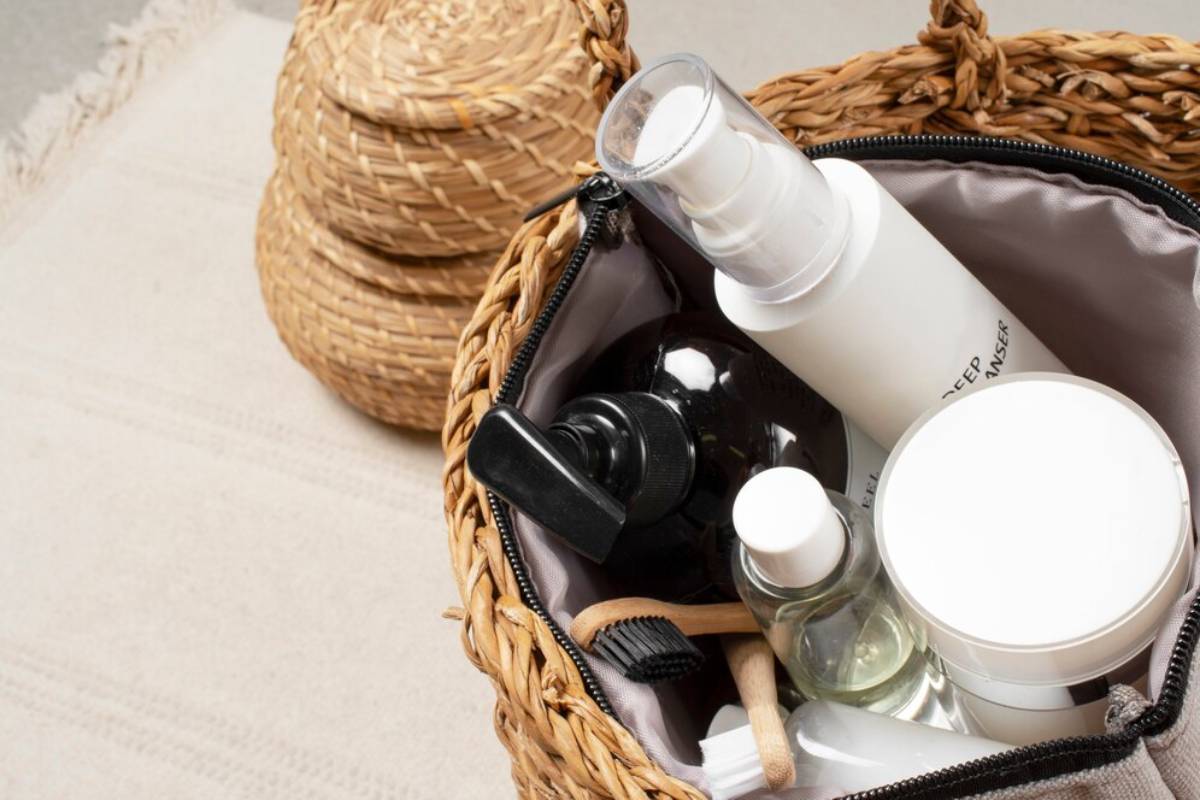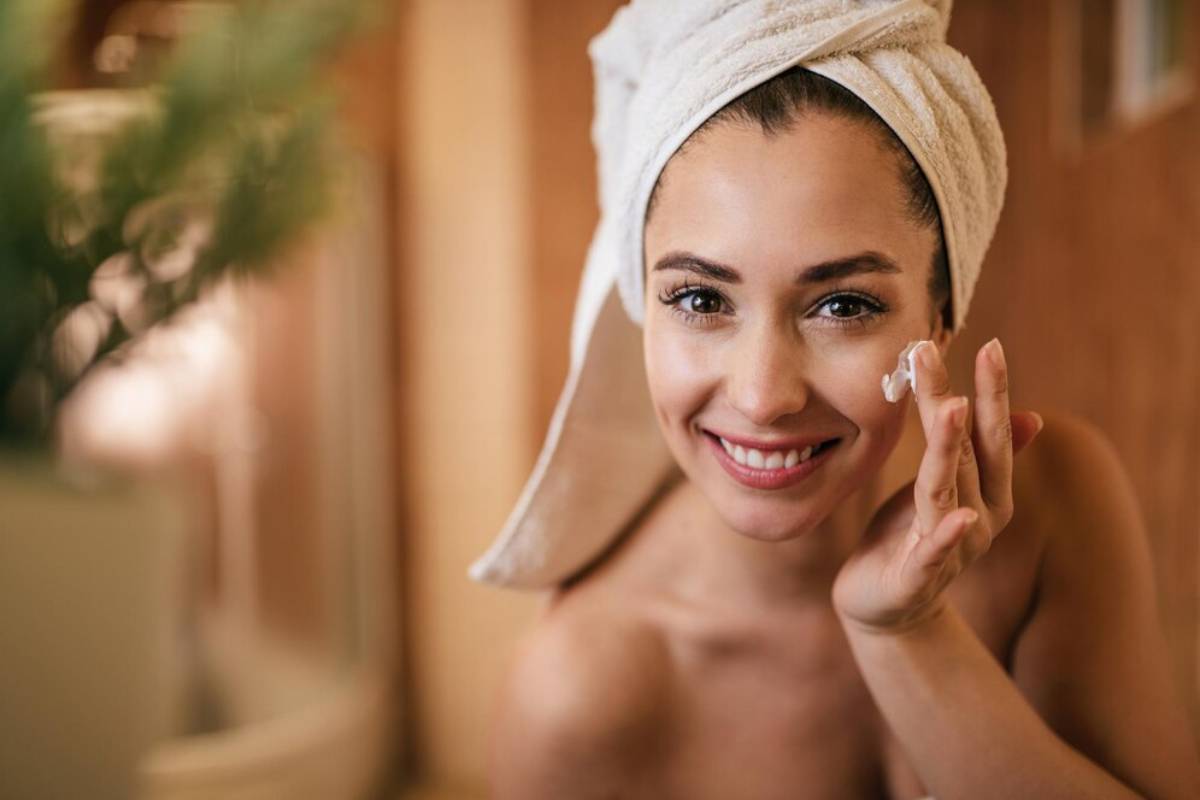
How Sleep Affects Your Skin: The Science of Beauty Sleep
In a world where the hustle and bustle of daily life often takes precedence, the importance of a good night’s sleep is frequently overlooked. Yet, the age-old adage of ‘beauty sleep’ holds more truth than one might initially think. Sleep is not merely a time of rest for the body and mind; it plays a crucial role in maintaining and enhancing the health of your skin. This article delves into the fascinating science behind how sleep affects your skin, offering valuable insights into the world of skincare and lifestyle connections.
The Importance of Sleep for Skin Health
Sleep and Skin Health Connection
Sleep and skin health are intricately connected. During sleep, your body undergoes a series of restorative processes that are essential for maintaining the youthful appearance and resilience of your skin. A lack of adequate sleep can lead to a host of skin issues, from accelerated ageing to increased susceptibility to environmental damage.
The Science Behind Beauty Sleep
While you sleep, your body enters a state of repair and regeneration. This is when the production of collagen, a protein responsible for maintaining skin elasticity, is at its peak. Collagen helps to prevent sagging and reduces the appearance of fine lines and wrinkles, making it a vital component in the fight against ageing.
Moreover, sleep facilitates the production of melatonin, a hormone that acts as a powerful antioxidant. Melatonin helps to protect the skin from harmful free radicals, which can cause cellular damage and accelerate the ageing process. This natural defence mechanism is crucial in maintaining a youthful complexion and protecting against the signs of premature ageing.
Nighttime Skincare: Maximising the Benefits of Beauty Sleep

In addition to getting enough sleep, incorporating a targeted nighttime skincare routine can further enhance the benefits of beauty sleep. Here are some anti-ageing tips and nighttime skincare practices to consider:
1. Cleanse Thoroughly
Before heading to bed, ensure your skin is free from makeup, dirt, and pollutants. A gentle cleanser will help to remove impurities and prepare your skin for the regenerative processes that occur during sleep.
2. Hydrate and Moisturise
Use a hydrating serum or moisturiser to lock in moisture and support the skin’s natural repair processes. Look for products containing hyaluronic acid, which can help to boost hydration and improve skin elasticity.
3. Incorporate Antioxidants
Antioxidant-rich products, such as those containing vitamin C or E, can help to neutralise free radicals and protect the skin from oxidative stress. Applying these products at night allows them to work in tandem with your body’s natural repair processes.
4. Use Retinoids
Retinoids are a powerful tool in the fight against ageing. These vitamin A derivatives can help to stimulate collagen production, reduce the appearance of fine lines, and improve skin texture. However, they can be potent, so it’s essential to introduce them gradually and follow up with sunscreen during the day.
Key Benefits of Adequate Sleep for Your Skin
1. Enhanced Skin Repair and Regeneration
During the deep stages of sleep, your body ramps up its production of growth hormones. These hormones are essential for the repair of damaged cells and tissues, including those in your skin. This repair process is vital for maintaining a healthy, radiant complexion.
2. Reduction of Puffiness and Dark Circles
Adequate sleep helps to regulate blood flow and reduce inflammation, which can minimise the appearance of puffiness and dark circles under the eyes. This is particularly important for maintaining a fresh and youthful appearance.
3. Improved Skin Hydration
Sleep plays a critical role in maintaining the skin’s moisture balance. During sleep, the body’s hydration rebalances, allowing the skin to recover moisture while excess water in the body is processed for removal. This process helps to prevent dryness and maintain a healthy, glowing complexion.
4. Strengthened Skin Barrier
The skin barrier is your body’s first line of defence against environmental aggressors. Adequate sleep helps to strengthen this barrier, making your skin more resilient to external stressors such as pollution and UV radiation. A robust skin barrier is essential for maintaining overall skin health and preventing premature ageing.
Common Mistakes to Avoid for Optimal Skin Health
While the benefits of sleep and a good skincare routine are clear, there are common mistakes that can undermine your efforts. Here are a few to watch out for:
1. Inconsistent Sleep Schedule
Irregular sleep patterns can disrupt your body’s natural circadian rhythm, which can negatively impact your skin’s health. Aim for a consistent sleep schedule to maximise the benefits of beauty sleep.
2. Overuse of Skincare Products
Using too many products can overwhelm your skin and lead to irritation. Stick to a simple, effective routine and introduce new products gradually to avoid adverse reactions.
3. Neglecting Sun Protection
While nighttime skincare is crucial, daytime protection is equally important. Always apply sunscreen during the day to protect your skin from harmful UV rays and prevent premature ageing.
Advanced Insights: The Role of Lifestyle in Skin Health
1. Diet and Nutrition
A balanced diet rich in antioxidants, vitamins, and minerals can have a profound impact on your skin’s health. Foods high in omega-3 fatty acids, such as salmon and flaxseeds, help maintain skin elasticity and hydration.
2. Regular Exercise
Exercise improves circulation, delivering oxygen and nutrients to the skin while flushing out toxins. Regular physical activity promotes a natural glow and enhances overall skin health.
3. Stress Management
Chronic stress can lead to inflammation and exacerbate skin issues like acne and eczema. Incorporating stress management techniques, such as meditation or yoga, can help maintain skin balance and prevent flare-ups.
The Impact of Sleep Deprivation on Skin Health

1. Accelerated Ageing
Chronic sleep deprivation can make the body produce more cortisol, a stress hormone that causes collagen to break down. In the long run this speeds up the ageing process, which can create fine lines, sagging and a dull complexion.
2. Increased Inflammation
Sleep deprivation leads to activation of inflammation in the body, promoting pre-existing skin conditions like acne, rosacea, and psoriasis. Inflammation also impairs the barrier function of the skin, leaving it more susceptible to environmental stressors.
3. Impaired Wound Healing
Studies have shown that inadequate sleep can slow down the skin’s ability to heal from wounds, cuts, and breakouts. Proper rest is essential for maintaining the skin’s regenerative abilities and reducing the risk of scarring.
Conclusion: Embrace the Power of Beauty Sleep for Glowing Skin
To sum it up, there is a strong link between sleep and skin health. By committing to proper rest and a focused night-time skincare regimen, you can use the benefits of beauty sleep to keep your skin looking young and glowing. Keeping a regular sleep pattern, using the right skin care products and living a healthy lifestyle can help your skin’s own natural repair mechanisms and protect it from environmental factors that can cause damage.
Remember, beauty sleep is not just a myth; it is a scientifically backed practice that can significantly impact your skin’s health and appearance. So, embrace the power of beauty sleep and let your skin reap the benefits of a well-rested body and mind. Sweet dreams!


